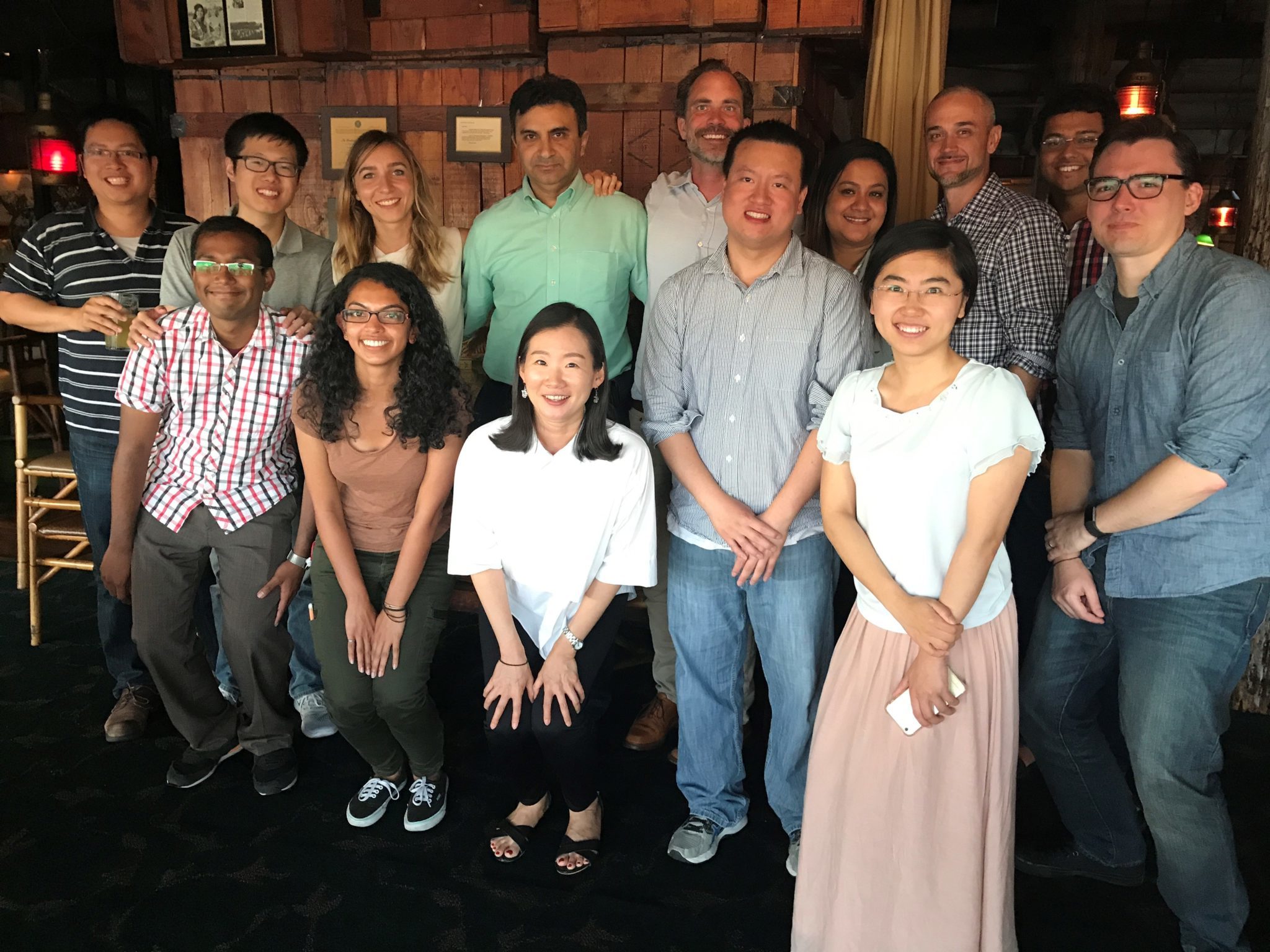The USC CAIS Summer Fellowship Program allows PhD students, postdoctoral scholars, and early career researchers (e.g., assistant professors) in the areas of computer science, social science, and other related fields to spend the summer with faculty and students at USC CAIS. Summer fellows participate in projects that are driven by our AI for social good mission. In the past, projects have included housing allocation, North Korean refugee youth’s friendships and acculturation with South Korean youth, suicide prevention, HIV prevention, wildlife conservation, and stress response in association with experiences of violence. At the conclusion of each summer, fellows will have co-authored a computer science and/or social science paper for conference or journal submission. Our summer fellows have had their work accepted at the International Conference on Autonomous Agents and Multiagent Systems (AAMAS) and the AAAI/ACM conference on Artificial Intelligence, Ethics, and Society.
Introduction
Papers with Past Summer Fellows
Bondi, E., Jain, R., Aggrawal, P., Anand, S., Hannaford, R., Kapoor, A., Piavis, J., Shah, S. Joppa, L., Dilkina, B., & Tambe, M. (2020). BIRDSAI: A dataset for detection and tracking in aerial thermal infrared videos. 2020 IEEE Winter Conference on Applications of Computer Vision (WACV), Snowmass Village, CO, USA, pp. 1736-1745. https://ieeexplore.ieee.org/document/9093284
Chan, H., Rice, E., Vayanos, P., Tambe, M., & Morton, M. (2017). Evidence from the past: AI decision aids to improve housing systems for homeless youth. Proceedings of the Association for the Advancement of Artificial Intelligence (AAAI) 2017 Fall Symposium Series. https://www.aaai.org/ocs/index.php/FSS/FSS17/paper/download/15995/15304
Chan H., Rice E., Vayanos P., Tambe M., & Morton, M. (2019) From Empirical Analysis to Public Policy: Evaluating Housing Systems for Homeless Youth. In: Brefeld U. et al. (eds) Machine Learning and Knowledge Discovery in Databases. ECML PKDD 2018. Lecture Notes in Computer Science, vol 11053. Springer, Cham. https://doi.org/10.1007/978-3-030-10997-4_5
Davis, J. P., Dworkin, E. R., Helton, J., Prindle, J., Patel, S., Dumas, T. M., & Miller, S. (2019). Extending poly-victimization theory: Differential effects of adolescents’ experiences of victimization on substance use disorder diagnoses upon treatment entry. Child Abuse & Neglect, 89, 165-177. https://doi.org/10.1016/j.chiabu.2019.01.009
Devulapalli, P., Dilkina, B., & Xue, Y. (2020). Embedding conjugate gradient in learning random walks for landscape connectivity modeling in conservation. Proceedings of the Twenty-Ninth International Joint Conference on Artificial Intelligence (IJCAI), Special track on AI for CompSust and Human well-being, 4338-4344. https://doi.org/10.24963/ijcai.2020/598
Hsu, H., Rice, E., Wilson, J. Semborski, S., Vayanos, P., & Morton, M. (2019). Understanding wait times in rapid re-housing among homeless youth: A competing risk survival analysis. Journal of Primary Prevention, 40(5), 529–544. https://doi.org/10.1007/s10935-019-00562-3
Karusala, N., Wilson, J., Vayanos, P., & Rice, E. Street-level realities of data practices in homeless services provision. Proceedings of the ACM on Human-Computer Interaction (2019). https://doi.org/10.1145/3359286
Rice, E., Holguin, M., Hsu, H.-T., Morton, M., Vayanos, P., Tambe, M., & Chan, H. (2018). Linking homelessness vulnerability assessments to housing placements and outcomes for youth. Cityscape: A Journal of Policy Development and Research, 20(3), 69-86. https://www.jstor.org/stable/26524872
Young, L. E., Mayaud, J., Suen S.-C., Tambe, M., & Rice, E. Modeling the dynamism of HIV information diffusion in multiplex networks of homeless youth. Social Networks, 63, 112-121 (2020). https://doi.org/10.1016/j.socnet.2020.06.001




